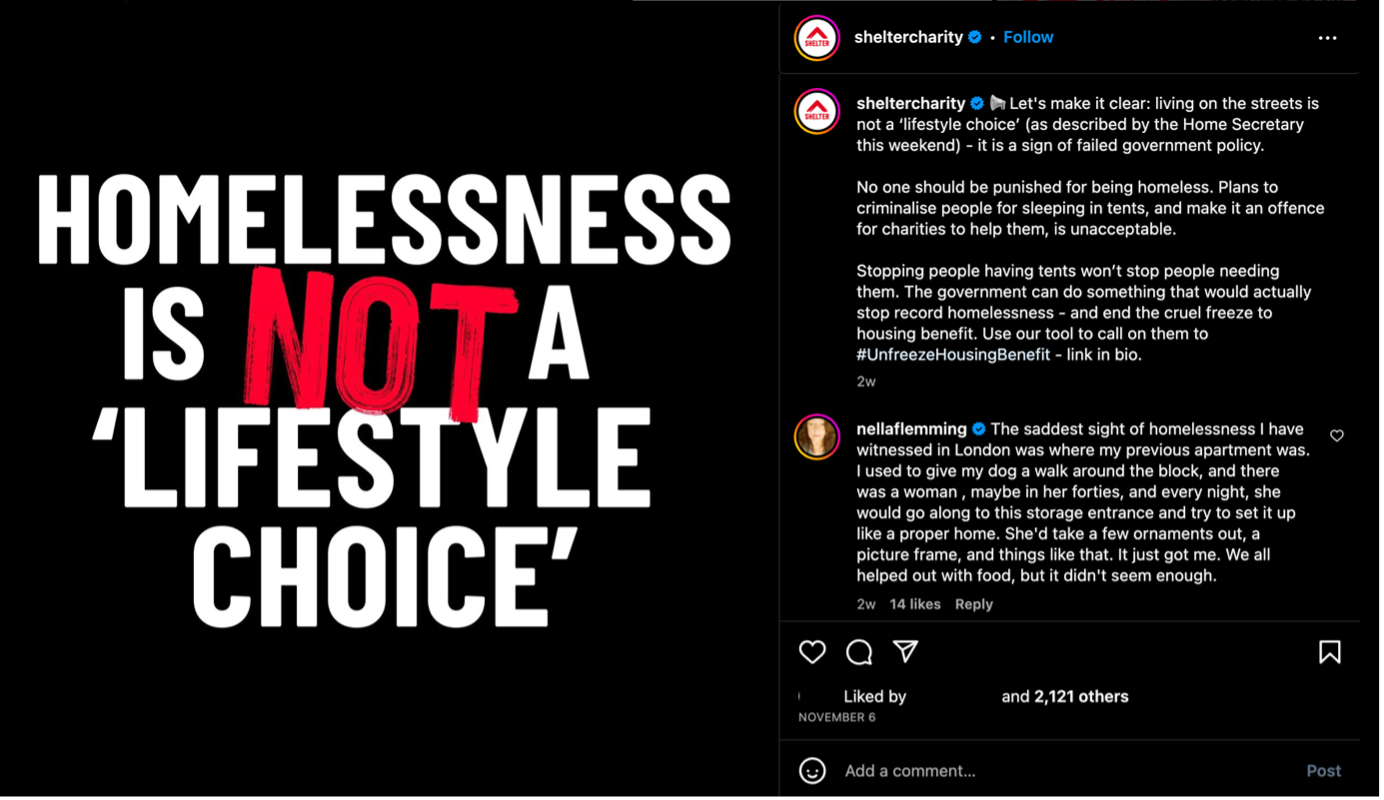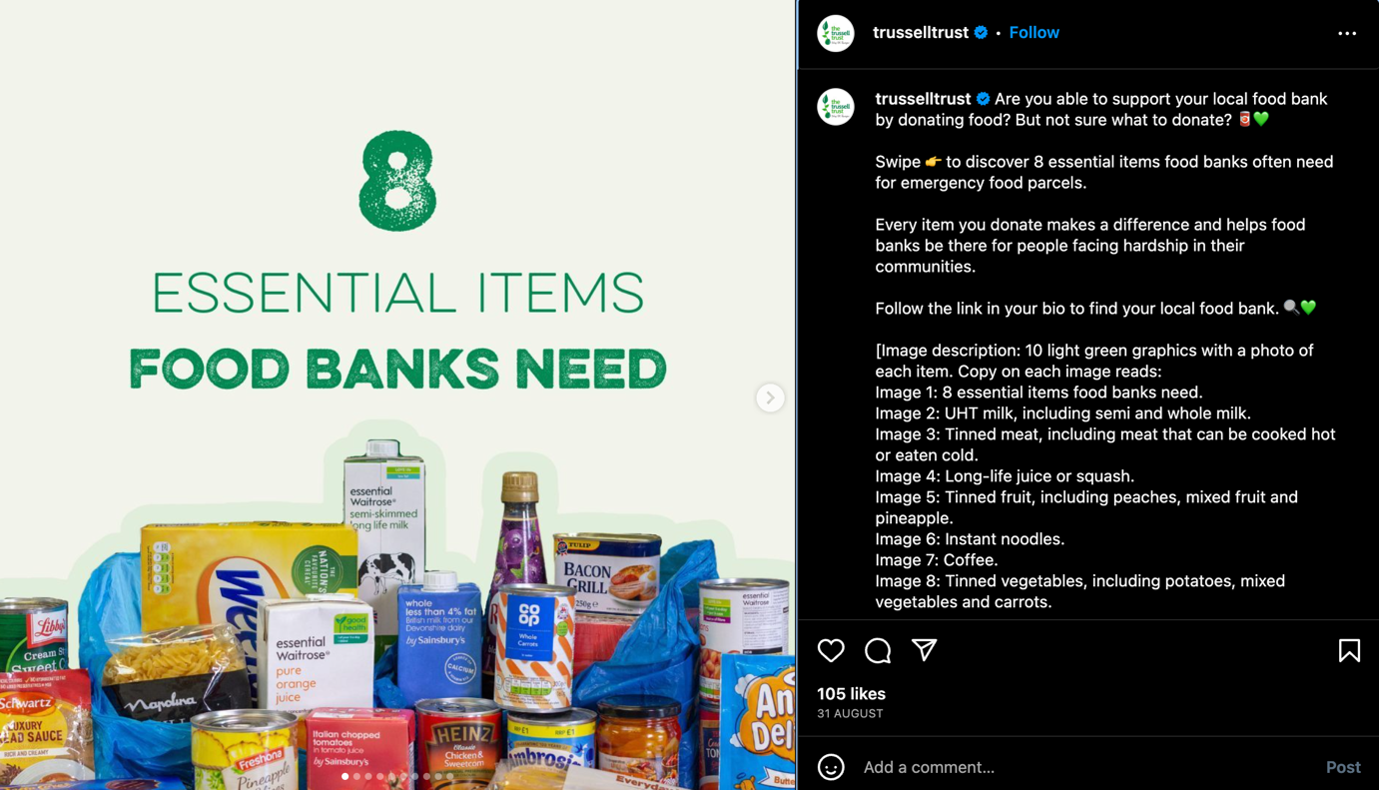6 Things Gen Z Want From Charities
Gen Z are the first generation that grew up with access to the internet and portable digital technology. This generation has also been dubbed ‘digital natives’. This is also the generation that is showing more interest in global and local issues such as climate change, homelessness, LGBTQIA+ rights, diversity, and inclusivity, etc. Do they want more help from the charities of their choice, or do they expect more transparency? What can charities do to entice and motivate Gen Z to join as volunteers or regular donors? How can charities embrace Gen Z?
What do Gen Z want from Charities?
Today we find ourselves living in an ever-changing world of digital and physical interactions, making communication and marketing for charities even more challenging than before. To add to this difficulty, the preferences and expectations of each generation differ when it comes to charity engagement. Lately, Gen Z’s preferred methods seem to be coming into focus. Born between the late 1990s and the early 2010s, the digitally native Gen Z is a generation that has grown up surrounded by technology. Yet, it is also a generation that has come of age in a world filled with its unique dose of social and environmental ills. As this generation matures into adulthood, Gen Z show a distinctive approach to charity and philanthropy. So, to effectively engage with this generation, charities must understand what the people of Gen Z want from them.
Before explaining what charities can do for Gen Z, let’s contextualise what Gen Z can do for charities. A report by GiveStar found that in 2022, 82% of Gen Zs claimed they had donated to charity, and among those who did, contributions averaged £127.10—that’s £32.10 more than the average donation from their parents’ generation (Gen X), by the way! Perhaps this is why Gen Z was most likely to characterise themselves and their peers of the same generation as more altruistic than past generations. Proof of Gen Z’s altruism is in their dedication to donating not only money, but time. While older generations may be time-poor but able to donate larger monetary amounts, Gen Z is the most likely of all generations to volunteer their time to help charities, making Gen Z support invaluable to countless charities in need of a helping hand.
Below, we’ve written in detail about 6 actions, features, and values that philanthropic Gen Zs want from a charity that they support:



1. Ability to Partake in Direct Involvement
Given Gen Z’s affinity for volunteering their time, it’s fair to assume that they don’t just want to write a cheque or set up a direct debit and forget about their charitable donations. Instead, they want to actively participate in the causes they care about. Charities that offer opportunities for Gen Z to get involved through volunteering, internships, or hands-on experiences are more likely to resonate with this generation. Gen Z often seeks out organizations that offer them a sense of purpose and a chance to make a tangible impact. The British Heart Foundation reports that Gen Z need a confidence boost, and that volunteering for charity can play a role in not only helping their self-esteem but also in improving mental health. In short, Gen Z are drawn to charities that provide them with a greater sense of purpose by letting them contribute their time as well as money.
2. Transparency and Accountability
Gen Z are highly attuned to social and environmental issues. They want to know how their contributions are making a difference and where their money is going, and they reject charity ‘favouritism’. With Gen Z, loyalty is earned and never guaranteed, so if you aren’t reporting your impact, you may lose their support. As a result, charities that are transparent about their operations and finances are more likely to gain their trust and support. This includes disclosing how funds are allocated (i.e. what will a donation purchase?), the costs of certain interventions, detailing the impact of their projects, and being honest about challenges or setbacks. So, to gain Gen Z’s support, a charity needs to be radically honest about itself and its purpose.
3. Contextualising Issues on a Small Scale
Asking Gen Z to throw the little money they have at pressing issues is the wrong way to attract supporters of this generation. Young people (of which Gen Z are a part) are seeking to donate in ways that doesn’t just stick a plaster over a social issue, but instead actually goes towards solving it. Therefore, the more that a large-scale issue can be contextualised into its small-scale ramifications, the more sense donating will make to Gen-Z. For example, Gen Z knows that homelessness is an issue and that their gift of £5 won’t put a permanent roof over someone’s head, but if they are told what their money can achieve, they will understand the potential impact of their donation.
4. Digital Engagement
Gen Z is the first generation to grow up with the internet, smartphones and social media as an integral part of their lives. As such, many of Gen Z view the charities they support as methods to convey their values and moral beliefs to others on social media. Charities therefore need to have a strong online presence and be adept at leveraging digital platforms and social media for fundraising, awareness campaigns, and communications, especially through shareable content. Engaging with Gen Z through social media, participatory livestreaming events, snappy infographics, and shareable content is essential to capturing their attention and support.


5. Personalized Communication and Targeted Visibility
Gen Z is accustomed to personalized and targeted content online. While the bare minimum of targeted visibility online is to occupy spaces that Gen Z frequents (Instagram, Tik Tok, X [Twitter]), charities that use data-driven approaches to tailor their messages and interactions are more likely to capture the attention of Gen Z. Personalization can help them see the direct impact of their support and feel a deeper connection to the cause. A great example lies in the Malala Fund’s short-form Tik Tok videos, which depict the charity’s success stories through inspirational ‘student spotlights’. Another example is Mind’s Tik Tok account, which repackages trending memes into light-hearted video clips tackling mental health issues. While relatable—and often funny—to younger audiences, Mind’s Tik Tok videos also destigmatise the discussion of mental health and signpost avenues for educational materials, diagnoses, and treatment.
6. Optimised Websites
Gen Z’s friendships, communities, and sources of knowledge go far beyond physical proximity. No longer is one’s learning limited by the local library’s collections or their community’s most altruistic voices. As expert social media and internet users, Gen Z are constantly exposed to social, political, and environmental issues all over the world. As a result of their worldwide access to people via social media, they are also inundated by countless appeals to support and research pressing issues, as well as the charities that help alleviate them. Given that most social media platforms are used on mobile devices, any further research that Gen Z does into a charity they have seen via social media will most likely be conducted on a mobile phone. Resultingly, it is vital that charities optimise their websites to make sure they are mobile friendly.

Support is to be earned.
Gen Z is a generation that wants to change the world, but they won’t easily settle for handing their money over to one charity indefinitely. Gen Z’s support must be continuously earned. Gen Z are eager to support charities that give them a sense of purpose by allowing them to volunteer or work directly with them. However, charities must be transparent about the support they give and the impact they seek to have on the world. Additionally, charities must not be opaque about their intended impact, providing context that makes their mission seem like no donation is too small to make a difference.
Most importantly, charities must meet Gen Z where they are—which is online. Charities can attract Gen Z audiences by personalising their content to Gen Z and sharing it on social media platforms, where it will be seen, shared, and absorbed by the intended audience. Finally, charities that want to engage with Gen Z audiences should have fully mobile-optimised websites that allow Gen Z to quickly understand the charity. Charities must make sure there is a seamless user journey that allows Gen Z to easily engage, learn, participate, and donate to the charity. By understanding Gen Z’s needs and adapting to their preferences, charities can effectively engage with the next generation of philanthropists and create lasting impact together.
This blog post is the first in a series of three that will discuss how charities can better engage Gen Z audiences. While this first post is an overview of the essentials we believe will attract a Gen Z audience, the second and third blog posts will dive deeper into our points and bring even more real-life charity examples.
